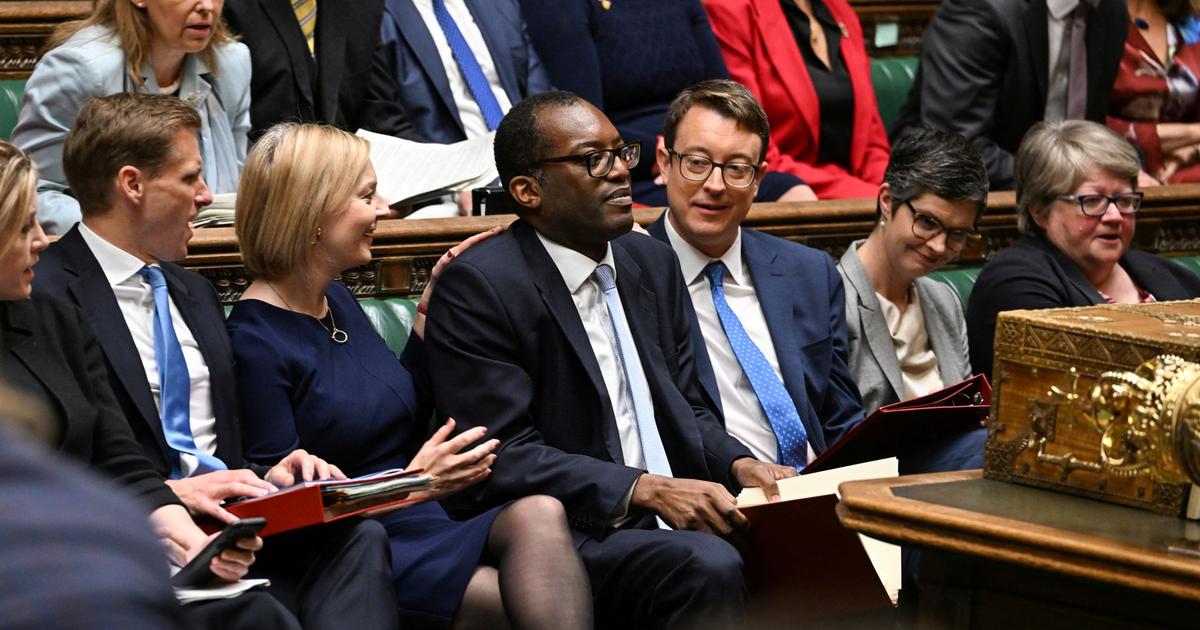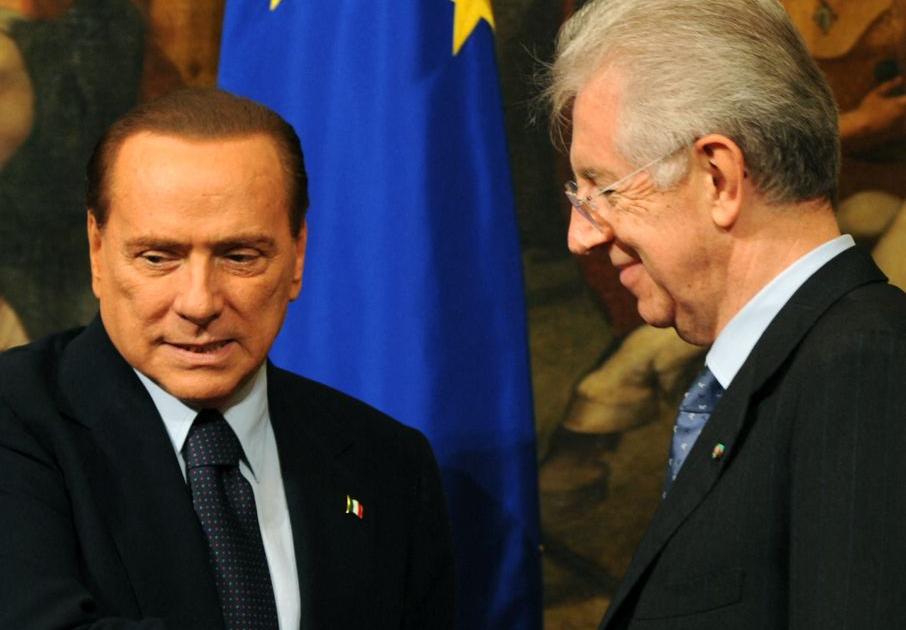Correspondent in London
A “mini-budget” for “maxi-effects” on growth.
The new Chancellor of the Exchequer wanted to strike hard, this Friday, by unveiling the government's plan to
"reverse the vicious circle of stagnation".
A political bet for Liz Truss, who takes the risk of straining public finances a little more.
In the House of Commons, Kwasi Kwarteng touted
"a new approach for a new era of growth" -
the rate of which Truss wants to double to 2.5% - with historic tax cuts at an estimated cost of some 45 billion pounds (50 billion euros) by 2026-2027.
He thus confirmed the measures promised by Liz Truss during her campaign.
The 45% bracket in the income tax scale - for those over 150,000 pounds - is removed (the maximum rate will be 40%).
Just like the increase in social contributions planned by the Johnson government.
Canceled again, the planned increase in corporation tax.
Finally, the tax on real estate transactions will be revised downwards.
To deal with
“the worst energy crisis for generations”,
the Minister of Finance confirmed measures to support individuals and businesses.
From October 1, gas and electricity bills will be frozen for two years, with a ceiling of 2,500 pounds (2,800 euros) for an average household.
And the companies' bills will be half paid by the state for six months.
This support plan should cost 60 billion pounds for the first six months, estimated Kwasi Kwarteng.
Read also
United Kingdom: Kwasi Kwarteng, pure product of the conservative diversity policy who became Chancellor of the Exchequer
To make the country attractive in the post-Brexit era, the government wants to massively deregulate.
All the laws inherited from the European Union will be revised in 2023 and 38 tax-free “investment zones” will be created.
The government is also making gestures towards the City, removing the ceiling on bankers' bonuses and promising
"an ambitious package of deregulations"
by the end of the year.
The Truss team also attacks on the jobs front, with Kwasi Kwarteng wanting
to “get Britain back to work”
as labor shortages continue to plague the economy.
Access to minimum income (
universal credit
) will be accompanied by obligations such as proof of effective job search.
The government also wants to regulate the right to strike more.
The Labor opposition denounces a
"desperate gamble"
and a
"plan for the rich",
with a return to Thatcherite doctrine.
Liz Truss has herself acknowledged that it will especially favor the better-off, at least initially, because she is betting on a
“runoff”.
“Unsustainable trajectory”
But, more broadly, the "Trussonomics" raise concerns and serious doubts about the government's budgetary responsibility and the health of public finances.
The government has raised its debt issuance plans for the current financial year by 72 billion pounds.
The Institute for Fiscal Studies says the government is making a
"huge bet",
pointing out that these tax cuts are the largest since the 1972 budget, which ended in disaster due to its inflationary effect.
And that the Truss plan risks putting debt on an
“unsustainable path”.
The Bank of England, which expects double-digit inflation for months to come, believes that support on energy bills will mitigate it but that tax giveaways could negate this effect.
The Bank of England forecasts a recession as early as the third quarter.
A sign of general concern, the cost of borrowing over 5 years for the Treasury experienced its largest increase in one day since 1991 on Friday. And the pound fell 3%, below the symbolic threshold of 1.10 dollars, for the first time in thirty-seven years, approaching an all-time low.


/cloudfront-eu-central-1.images.arcpublishing.com/prisa/RLVRE36BJ333YNEQ2LG6XMIQSY.jpg)









/cloudfront-eu-central-1.images.arcpublishing.com/prisa/KMEYMJKESBAZBE4MRBAM4TGHIQ.jpg)


